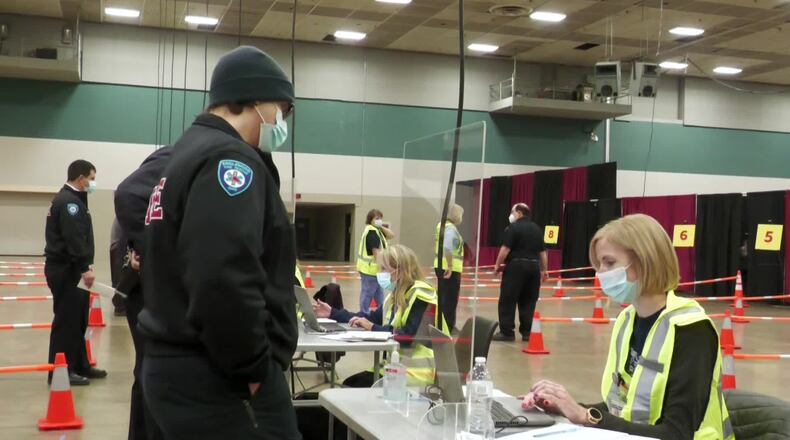That was clearly a “jab” (pun intended) at the plethora of circulating, unfounded claims regarding COVID-19 vaccination.
However, I deeply respect the legitimate concerns often expressed about the vaccine. I harbored some myself.
Ultimately, after doing my research, I made the decision to proceed with vaccination.
The experience was straightforward, similar to any other vaccination I have taken in adulthood such as influenza, yellow fever, or tetanus. After receiving the “jab” in my left deltoid muscle (a slight exaggeration as injections are never fun for me), I was made to sit down for 15 minutes – standard protocol for this new vaccine. I had no immediate or delayed side effects. I will need a booster dose in 28 days.
I received the Moderna vaccine, one of the newly developed “messenger RNA” (mRNA) vaccines.
I personally found the described mechanism of action intriguing from an immunological standpoint. The COVID-19 mRNA is delivered to the cells, using those cells’ protein manufacturing machinery to produce the same “spike protein” that is present on the surface of the COVID-19 virus. This triggers the immune system to produce antibodies against the virus which are eventually available to fight against the coronavirus if contracted. The Pfizer vaccine has a similar mechanism of action.
" I would have loved to have more time to observe the long-term efficacy of this vaccine, have more data from a Phase 4 trial, etc., before taking the jab. However, I am equally mindful that we are in unprecedented times and muddling through uncharted territory."
So why did I take the vaccine?
I would have loved to have more time to observe the long-term efficacy of this vaccine, have more data from a Phase 4 trial, etc., before taking the jab.
However, I am equally mindful that we are in unprecedented times and muddling through uncharted territory.
As a frontline worker who comes across COVID-19 patients in the course of my daily duties — in the emergency department, on patient wards, and in the operating room — I am constantly at risk for exposure. More importantly, I risk exposing vulnerable patients to disease if I were to be infected – particularly if I were asymptomatic.
Available information led me to conclude that the side effect profile of the vaccine was minimal. There is always a potential risk with any medical intervention, be it a vaccine, medication or even surgical operation.
I was not mandated to take the COVID-19 vaccine. The decision was completely mine. While there are many unanswered questions and uncertainties, I feel being vaccinated was a small part I could play in helping to fight this evil pandemic that has disrupted our lives and preyed particularly on the most vulnerable of us.
Dr. A. Peter Ekeh is a practicing general and trauma surgeon and the medical director for Miami Valley Hospital’s Level I trauma program. He also serves as a member of the Board of Trustees at Miami Valley Hospital. Ekeh is a professor and chief of the Division of Acute Care Surgery in the Department of Surgery at Wright State University’s Boonshoft School of Medicine.
About the Author

